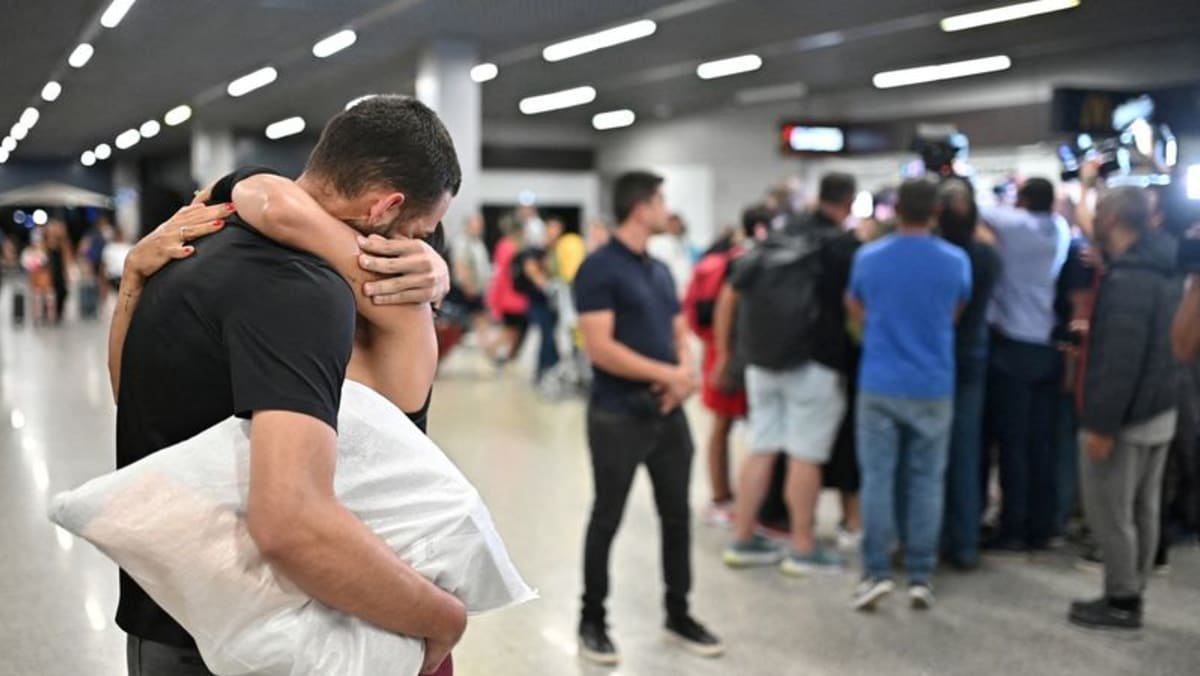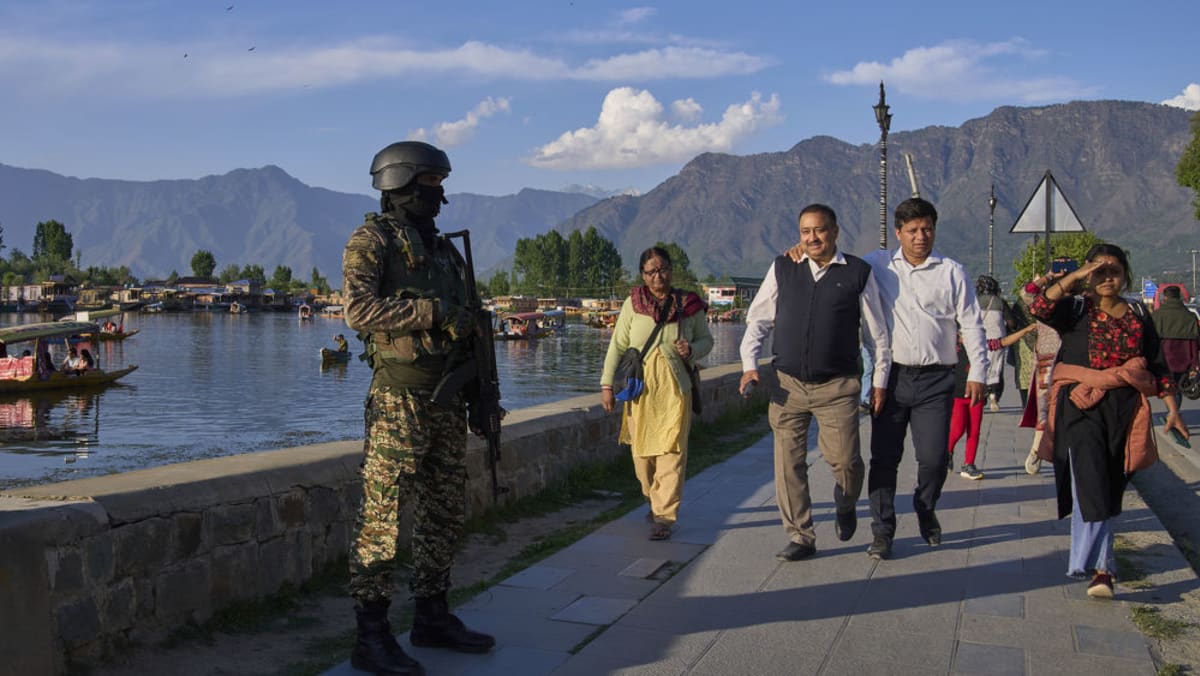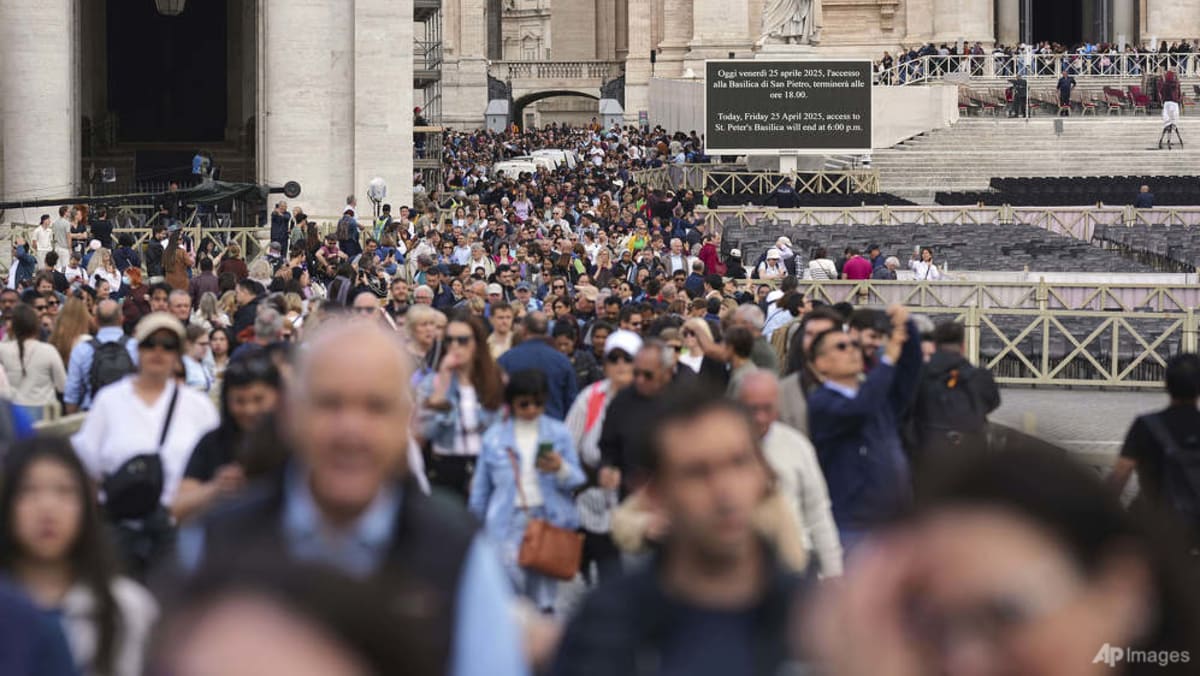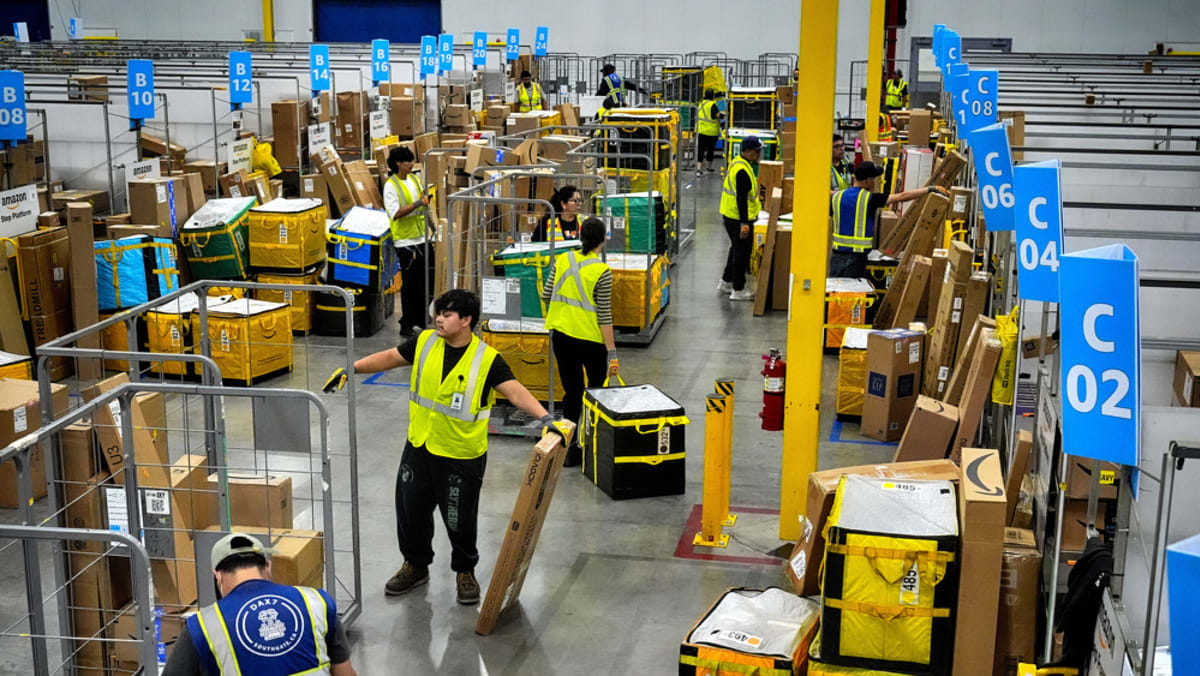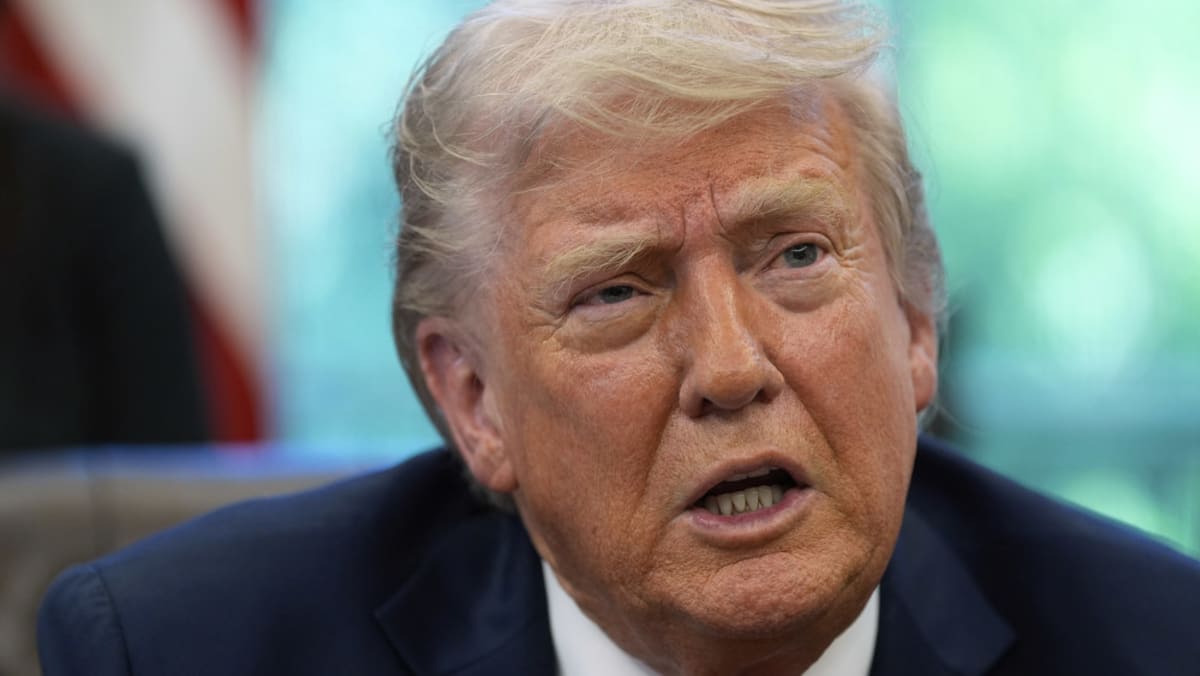IMPACT ON LATIN AMERICAN COUNTRIES
Trump’s hardline policies have strained relationships with some Latin American nations.
While some countries including Guatemala have accepted military deportation flights, Trump has faced resistance from Colombia’s President Gustavo Petro, elected in 2022 as the first left-wing leader of Latin America’s fourth-largest economy.
“The United States cannot treat Colombian migrants as criminals. I forbid entry to our territory to US planes carrying Colombian migrants,” Petro wrote earlier on X.
He said he was ready to allow civilian US flights carrying deported migrants to land, as long as those aboard were not treated “like criminals”.
By threatening sanctions on Colombia for refusing deportation flights, the US president is sending a signal to Latin American countries, especially Mexico, that failure to cooperate with US migrant deportations will result in retaliatory measures.
“Colombia is not the United States’ main trading partner and the asymmetries are enormous. The US economy is much bigger than the Colombian and doesn’t depend on the Colombian economy,” said George Mason University Professor Guadalupe Correa-Cabrera.
“Obviously, there’s an important trade relationship but Trump can do this in order to pressure Colombia and also as a message to other countries, particularly to Mexico. Because with Mexico, he will impose measures regarding migration and he’s saying, ‘Listen Mexico, because this is what’s going on in Colombia.”
Brazil has voiced outrage over the treatment by the Trump administration of dozens of Brazilian migrants deported back to their country on Friday.
The migrants, who were deported under a bilateral agreement predating Trump’s return, were handcuffed on the flight, in what Brazil called “flagrant disregard” for their basic rights.
The president of Honduras, Xiomara Castro, called for an urgent meeting of leaders from the Community of Latin American and Caribbean States (CELAC) to take place on Thursday to discuss migration following the latest US moves.





